Know Your Rights as a Photographer!
Photographers spend a good bit of time, money, and energy on craft and their equipment. This same focus, however, rarely extends to the investment of time necessary to understand their legal rights and obligations. Why? Investigating legal matters can often be less exciting than watching paint dry, eating plain yogurt, or listening to a State of the Union speech! It is far more engaging to have a raucous debate regarding the resolution of the Nikon D800 vs. the Canon 5D MKIII, zoom into the first full size RAW samples from the D4, or dig into the details of some other photography minutia! Well, at least for some…
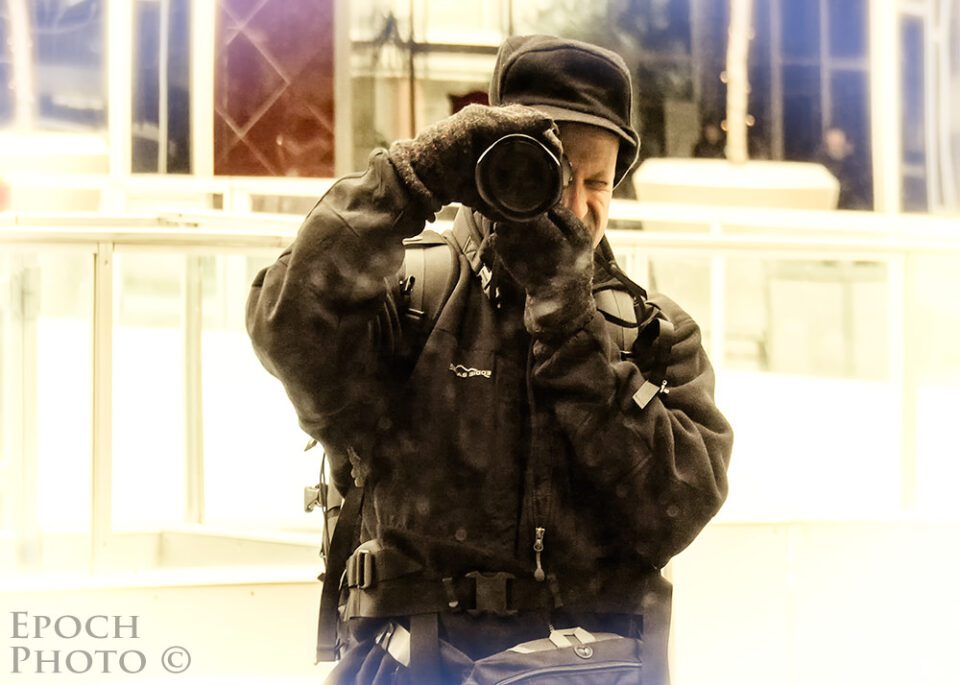

اعرف حقوقك كمصور!
يقضي المصورون قدرًا كبيرًا من الوقت والمال والطاقة في الأعمال اليدوية ومعداتهم. ومع ذلك، فإن هذا التركيز نفسه نادرًا ما يمتد إلى استثمار الوقت اللازم لفهم حقوقهم والتزاماتهم القانونية. لماذا؟ غالبًا ما يكون التحقيق في الأمور القانونية أقل إثارة من مشاهدة الطلاء وهو يجف، أو تناول الزبادي العادي، أو الاستماع إلى خطاب حالة الاتحاد! من الأكثر جاذبية بكثير إجراء نقاش صاخب بشأن دقة كاميرا Nikon D800 مقابل كاميرا Canon 5D MKIII، أو تكبير عينات RAW بالحجم الكامل الأولى من كاميرا D4، أو البحث في تفاصيل بعض تفاصيل التصوير الفوتوغرافي الأخرى! حسنًا، على الأقل بالنسبة للبعض…
Photographers spend a good bit of time, money, and energy on craft and their equipment. This same focus, however, rarely extends to the investment of time necessary to understand their legal rights and obligations. Why? Investigating legal matters can often be less exciting than watching paint dry, eating plain yogurt, or listening to a State of the Union speech! It is far more engaging to have a raucous debate regarding the resolution of the Nikon D800 vs. the Canon 5D MKIII, zoom into the first full size RAW samples from the D4, or dig into the details of some other photography minutia! Well, at least for some…


اعرف حقوقك كمصور!
يقضي المصورون قدرًا كبيرًا من الوقت والمال والطاقة في الأعمال اليدوية ومعداتهم. ومع ذلك، فإن هذا التركيز نفسه نادرًا ما يمتد إلى استثمار الوقت اللازم لفهم حقوقهم والتزاماتهم القانونية. لماذا؟ غالبًا ما يكون التحقيق في الأمور القانونية أقل إثارة من مشاهدة الطلاء وهو يجف، أو تناول الزبادي العادي، أو الاستماع إلى خطاب حالة الاتحاد! من الأكثر جاذبية بكثير إجراء نقاش صاخب بشأن دقة كاميرا Nikon D800 مقابل كاميرا Canon 5D MKIII، أو تكبير عينات RAW بالحجم الكامل الأولى من كاميرا D4، أو البحث في تفاصيل بعض تفاصيل التصوير الفوتوغرافي الأخرى! حسنًا، على الأقل بالنسبة للبعض…

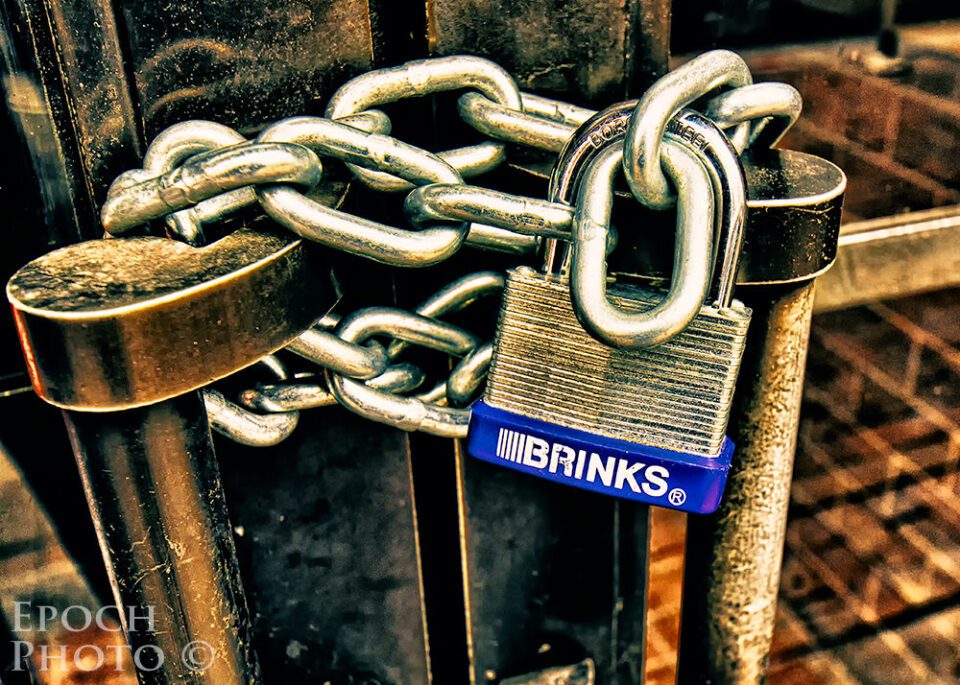
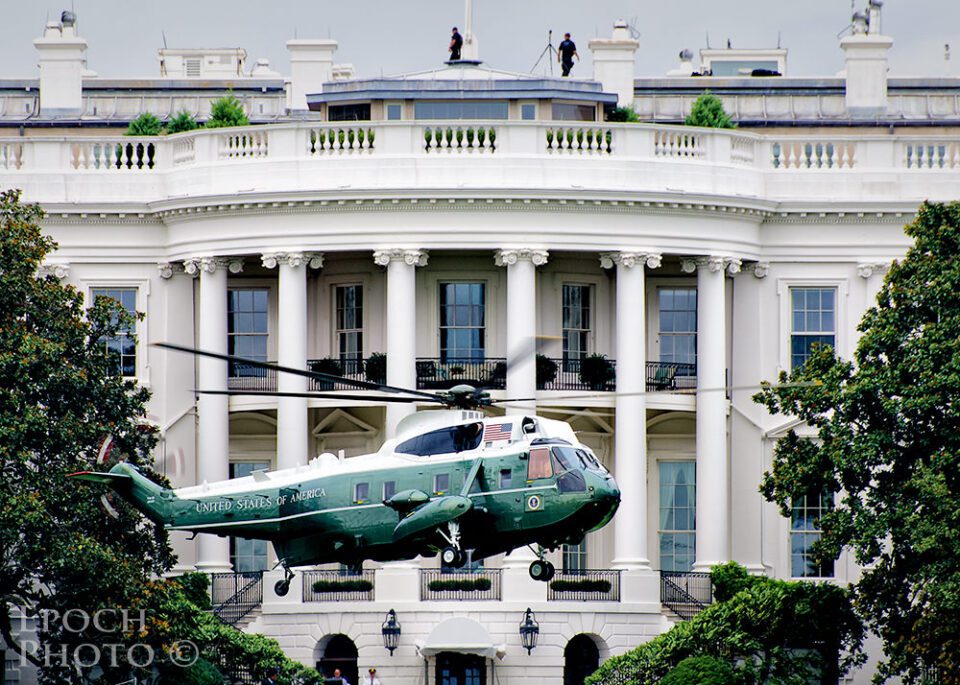
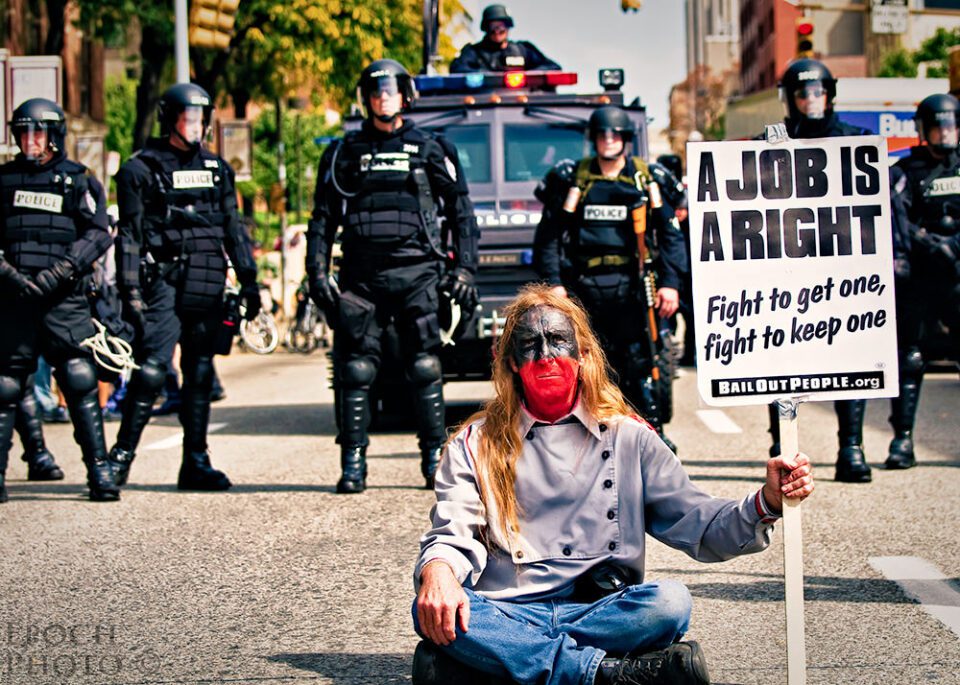
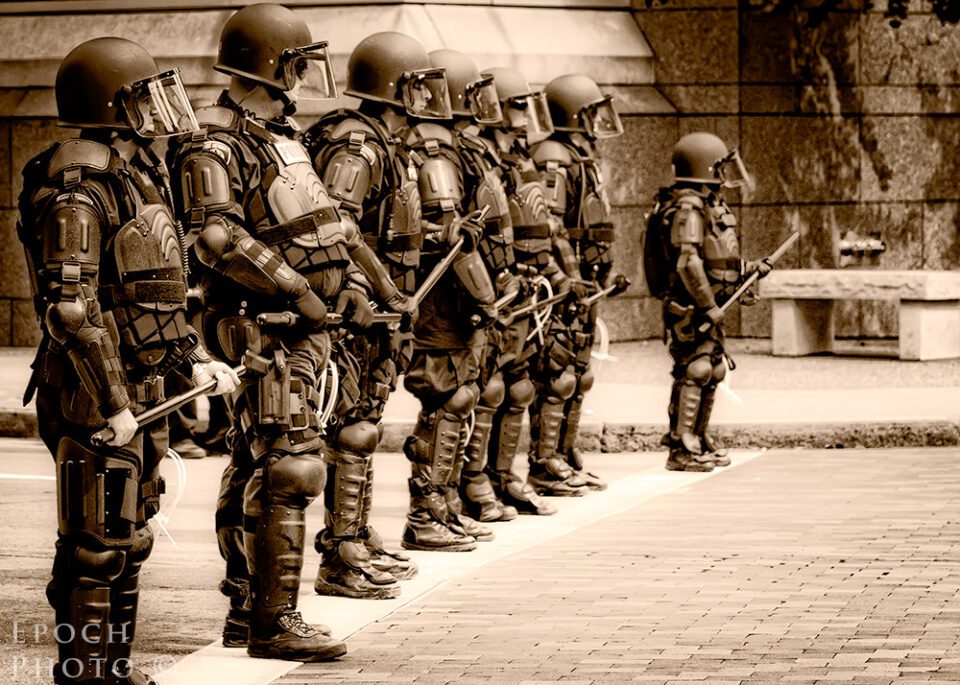
 نعتذر لعدم توفر الفديو باللغة العربية)
نعتذر لعدم توفر الفديو باللغة العربية)
تعليق